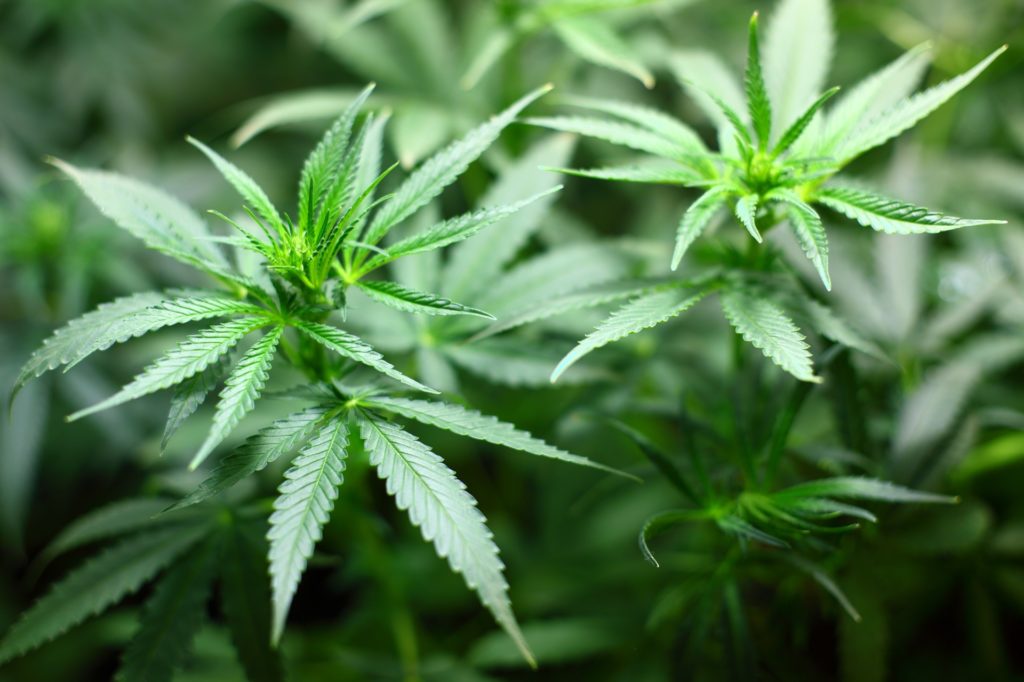
When it comes to growing marijuana, a controlled environment is pretty much everything. From heat and humidity to ventilation and air quality, the HVAC industry goes hand in hand with cannabis growing facilities. The cannabis industry shows potential for massive growth as an in-demand product becomes accessible to millions of consumers, but it also faces the uncertainty common to any growing segment. Yet despite facing many challenges, contractors remain optimistic about the marijuana grow industry.
Technical Challenges:
Temperature and Humidity – When growing cannabis, you can’t underestimate the importance of an HVAC system. A good HVAC system regulates temperature, humidity and air quality. An HVAC system also regulates airflow, provides ventilation and can increase technology in grow rooms, depending on how sophisticated the system. An HVAC system for a cultivation facility isn’t like other HVAC systems. Cultivators have specific needs, and building and running a proper system catered to cannabis isn’t that simple. Too little or too much humidity will spoil the crop. They’re some of the most demanding environments to try to condition. HVAC contractors need to get the systems right because of the money at stake if it fails and the crops suffer.
Energy Consumption – Grow rooms are also extremely energy intensive. In addition to needing powerful HVAC systems to keep temperature and humidity within range, they also require an incredible amount of energy for specialized lighting. The lights are often on 24-hours a day.
Odor Management – With a high concentration of marijuana plants, grow rooms are notorious for producing an overwhelming aroma within a small space. One of the biggest municipal issues contractors face is odor control. Cannabis emits an extremely pungent smell, and this arises as the biggest objection among neighbors during the vetting of a proposal. HVAC contractors must assure their clients they can control the smell.
Business Challenges
Cash Crops – All this equipment and service comes at a cost, but access to banking has been a major issue for the cannabis industry. As the cannabis industry grows, the shortage of financial services for cannabis companies has become more of a headache. It’s not as simple as walking into a bank and opening an account. At first, banks were unwilling to work with growers and sellers because while sales may have been legal in the state, the proceeds remained illegal at the federal level. More banks today serve the industry. But growers still have limited options. Those banks only have a select number of accounts and often charge high fees for those services.
The banking situation, however, does show signs of improvement. Congress is considering bills to expand bank access for the industry. The Treasury Department already eased restrictions for banks, allowing them to work with cannabis companies as long as they produce enhanced transaction reports. More growth funding today comes from traditional investors, such as private equity firms, that pay out of existing funds rather than cash from sales. However, until legislation like the SAFE Banking Act, which is currently in the House of Representatives, shifts the headwinds, cannabis companies will continue to have limited access to financial products most businesses take for granted.
Levels of Regulation – Where is marijuana legal in the U.S.? With every state but three legalizing marijuana in at least some form, the US is a little bit greener than a few years ago. Now there are numerous different state laws on the legalization of recreational marijuana. Legal states like California and Colorado offer widely available dispensaries, while in places like Alabama and Georgia, which are technically medical marijuana states, possession still may lead to felonies.
States making the transition to allowing recreational use, rather than just medical use, are still struggling with implementation. For example, Michigan decriminalized marijuana in 2018 and started allowing recreational sales on Dec. 1, but a majority of cities, including Detroit, have banned recreational dispensaries.Many expected a building boom when California’s recreational regulations went into place. That didn’t happen. Instead, shops opened without any cultivators licensed to supply them. This caused issues with HVAC contractors being paid, since the customers found themselves without cash flow.
Many operators in the cannabis business started out when the entire field was illegal. Contractors now need to insist on following every rule to the letter. There are still plenty of unlicensed operations. Contractors must check to make sure their clients have proper licensing from both the state and the local municipality. Most states maintain an accessible database, but verifying the local license often proves more challenging.
Challenges aside, once a grower finds a contractor they trust to take care of them, they are likely to be quite loyal. Growers will have very high-tech equipment and they will pay a premium to maintain it.
FIELDBOSS stays current on industry trends to keep you informed on what’s happening in the HVACR world. Read our blog and sign up for our newsletter for all the latest news.
#Cannabis #CannabisIndustryandHVACR